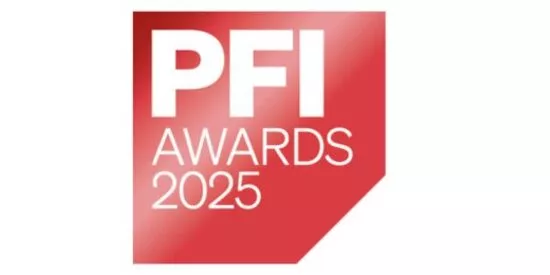
LBO: Leveraged Buyout
What is a Leveraged Buyout (LBO)?
A leveraged buyout (LBO) is a takeover of a company that is financed, in whole or in part, with borrowed money. Partial debt financing allows the purchaser to maximize the return on the capital it has invested.
How does a LBO work?
- Investor X acquires Company A for an amount of 100:
- Investor X finances this acquisition with 50 in debt and invests 50 of its own capital:
- At the end of a 5-year period, Investor X sells Company A for 100:
- Assuming that the debt has been fully repaid over the period thanks to the cash generated by Company A, Investor X receives 100 in exchange for the shares sold. This corresponds to a doubling of the capital initially invested (50) and an internal rate of return (IRR) of 15%.
The split between debt and equity provided by the investor to finance the acquisition depends on the target company's capacity for cash generation. The maximum leverage allowed by lenders, calculated as the ratio between the amount of debt provided and the target company's annual gross profit, varies according to different parameters:
- the size of the company, since small companies are considered more fragile and can therefore carry less debt;
- the outlook for the target company’s business sector and its competitive market position;
- the target company’s recurrent cash flows;
- the needs of the company to finance its activity and its development (investments, external growth, working capital, etc.)
In the current market conditions, a company’s financial leverage can reach, or even slightly exceed, 5 times its annual gross profit. The financing set up in the framework of an LBO can be provided by a bank (or a pool of banks), debt investors (Term B loans, mezzanine debt, unitranche debt) or by a syndicate composed of banks and investors.
Different forms of LBO
The classic LBO consists of the acquisition of a company by an investor with leverage. There are several alternative formats, the main ones being:
- OBO (owner buyout), where the investor is replaced by the individual owner of the company. The owner monetizes part of his or her participation in the capital of the company via a debt-financed arrangement. The owner retains control of the company at the end of the operation.
- MBO (management buyout), where the management of the company buys it from the owner. Such transactions usually involve a combination of debt financing and a partial equity stake – often a minority one.
Role of the bank
In a LBO, the bank can advise either the buyer or the seller in the execution of the operation through its M&A department. It can also play the role of lender to either side, in which case it may retain the debt on its balance sheet or package and sell it on to investors.
Our latest news and insights

What if our biggest edge in an AI world isn’t more data—but better learning

Societe Generale has demonstrated its leadership in project and infrastructure finance, earning several recognitions...

Structured products are resurging as higher interest rates and better digital tools make capital‑protected and clearly...